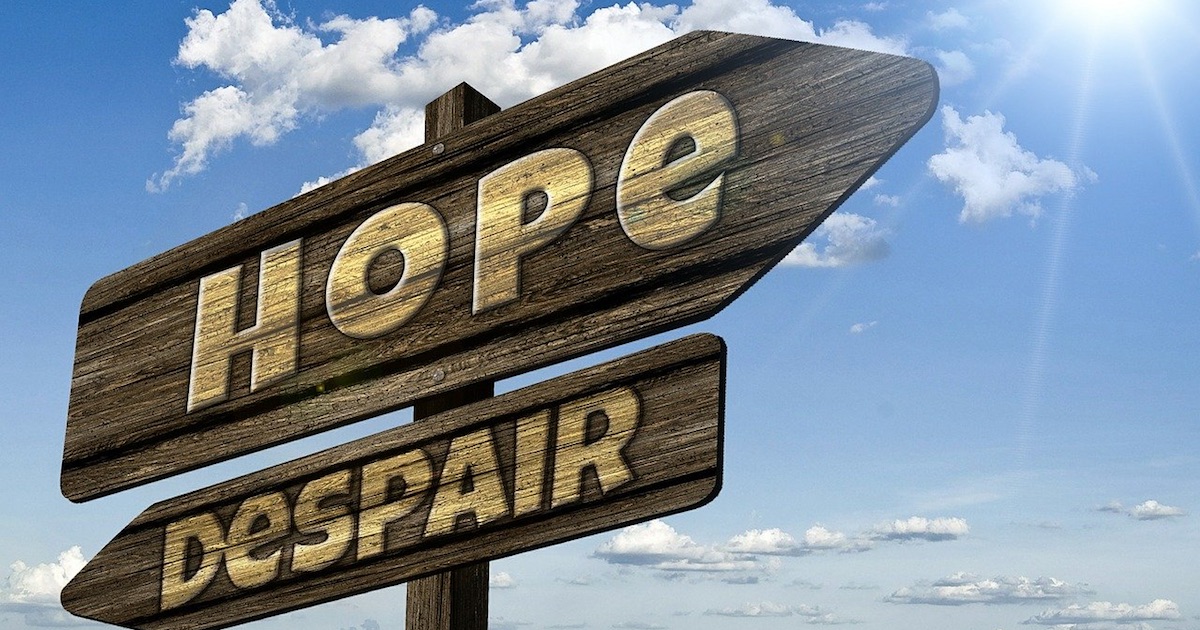The Summer 2020 Meetings Outlook report revealed the harsh business reality that industry professionals are experiencing and will continue to experience. However, respondents noted the day-to-day life effects and mental health of peers has been upended, too.
The Human Impact
Julie Branstrom (MPI Rocky Mountain Chapter), a 30-plus-year hospitality industry veteran and owner/planner at Vista Meetings & Incentives, who regularly worked from home prior to the pandemic, says even though live events are on hold, she finds that she’s now putting in more hours of work each day—her time is just spent differently.
“Prior to the pandemic, I was busy planning, sourcing and working on meetings with clients,” Branstrom says. “Now most of my time is spent on marketing, more administrative work, learning and joining on webinars to stay connected.”
In fact, the vast majority (92 percent) of respondents have been able to work remotely during the pandemic, with 42 percent claiming to be more productive as a result. Only 30 percent of respondents believe they’re less productive working from home (27 percent say their productivity is unchanged).
“Planning my days is more crucial than ever,” Branstrom says. “Before, I would have tasks that naturally came with the work I was doing, and the hours would fly by. Now, I have to be diligent about how I spend my time and not get too distracted with ‘busy’ work.”
Branstrom says the isolation has been difficult for her—a self-described outgoing and social person.
“Also, having to get accustomed to having my two teenage daughters and my husband home 24 hours a day is difficult when you are trying to be productive,” she says. “You kind of lose your identity in the commotion of this lifestyle, but at the same time, I appreciate being able to spend more time with my family.”
Joe McKeown (MPI At Large), with demand generation for Thomson Reuters, was based in his company’s office prior to the pandemic. He’s been working from home since March, which hasn’t shaken up his productivity as he’s used to the travelling event professional life.
“Since much of my workflow was done on airplanes, hotel rooms and event offices around the country, not much is different for me from a remote work perspective,” he says. “I did enjoy going to the office, however, and miss some of the social interactions and drop-in meetings that made working events a collaboration.”
That said, he finds that, like Branstrom, he’s also putting in more hours while working from home—but he views the lack of travel as a sort of offset.
“Since the pivot to virtual events in our organization, it’s busier than ever, [and] without event and conference travel it seems like there should be more time available, but I’m putting in a lot more time coordinating all the changes,” he says.
While the vast majority of comments to this survey related to the business impact of the pandemic, one insightful respondent, who wished to remain anonymous, brought home the more personal effects they’ve seen with industry peers struggling with the quarantine/lockdown situation: underlying emotional fatigue.
“People are distracted with ‘other' outside noise, but they themselves are hurting and it’s easier to focus on what’s going on OUTSIDE of yourself than INSIDE yourself,” they said. “There’s envy that some still have jobs and they don’t; many are struggling at home alone with their cat or dog or their drink. It’s all underneath; Zoom webinars keep you numb and distracted, but people are struggling and pretending.”
Further discussion with this supplier respondent revealed a genuine concern for much more than simple work-life balance, but the need for peers to help each other emotionally, understanding this is a difficult situation the likes of which no one alive has ever encountered, in an industry that’s been especially hard hit. A focus on overall wellbeing is key to ensuring that the business landscape of the future includes the bright minds and smiles that have made the meeting and event industry the joyous success evidenced a mere six months ago.
“For the most part, everyone I am in contact with seems to appreciate that we are all in the same boat, and can sympathize with each other,” Branstrom says. “We try to maintain a positive attitude and hope for a better future, realizing at the same time, it’s very uncertain and life as we knew it is over. We do grieve over that fact, but I’m seeing some unique things come out of this, a lot of pivoting and improvising, doing what we can to survive and thrive.”
While noting the pandemic’s “heartbreaking” screeching halt to much of the meeting industry, Monica Grinage-Prince, CMP, CMM (MPI Houston Area Chapter), conference manager, industry events for the American Society of Mechanical Engineers, says many may now have a unique opportunity to “press pause and re-examine ourselves.” To that end, she shares five important recommendations, based on how she’s responded thus far, for meeting professionals who may be struggling in this stressful and uncertain time.
“1) Practice mindfulness meditation and/or prayer and wellness.
“2) Write. Keep a journal documenting your thoughts, feelings, experiences and expressions. One day, hopefully soon, you or your family will look back reading it in disbelief or comic relief.
“3) Tool and re-tool your skills by becoming a student of your craft, again. Take advantage of the countless free opportunities to elevate your skillset.
“4) Seek opportunities to give your time and talent back, leading efforts that trailblaze the future for our industry.
“5) Scale. If money is tight and unemployment is running out (or already over), seek opportunities to temporarily shift your skills to another industry. As meeting professionals, we are natural project managers.”
Grinage-Prince says she’s been in deep thought trying to envision what meetings will look like, post-COVID—thoughts that lead to the need to innovate, an eventuality she’s optimistic about.
“We are all trying to process and understand how to adjust in our new norm,” she says. “I personally have colleagues that I work on projects with daily and we’ve never met, only Zoomed. In these times, even with live video, it can be difficult to make the personal connections that face to face affords you, but I’m certain that when we (finally) meet, we’ll change the world.”
An Optimistic View
On first blush, the data may seem like a lot of doom and gloom, but this industry is, above all else, one that thrives due to the innovative people in the community.
“I’m most optimistic about the future. I’ve been in the event industry for a long time and can remember SARS, Legionnaires, 9/11 and the great recession of 2008,” McKeown says. “We’ll make it through this if we do the right thing as a community, as a country and as an industry.”
Noting the unprecedented nature of the pandemic and the uncertainty as to when life will be more like the normal we all knew previously, Branstrom is confident that travel as well as face-to-face meetings will rebound.
“It’s an essential part of our curious nature as human beings to explore and spend time together sharing ideas and adventures,” she says. “I can’t wait to see how it unfolds and what innovations will come out of this for the meeting and travel industry.”
Read the Summer 2020 Meetings Outlook report.
Read additional findings from the survey that didn’t make it into the final report.



